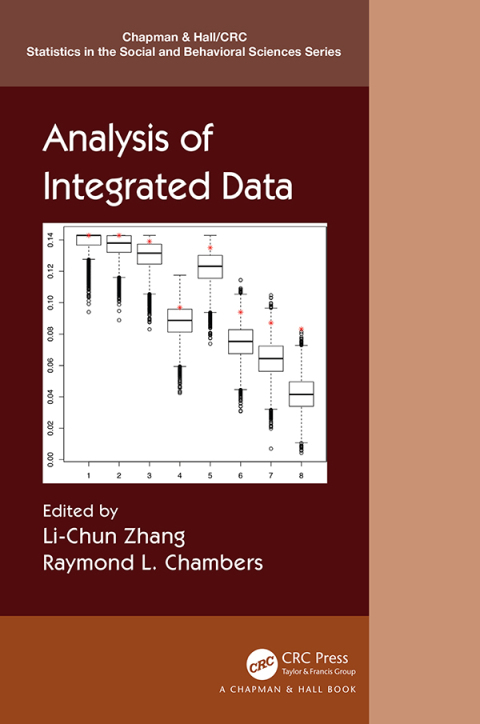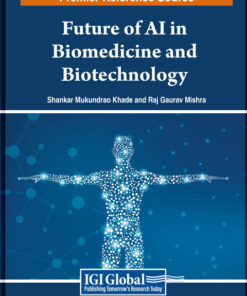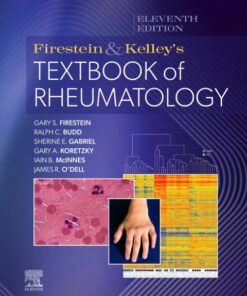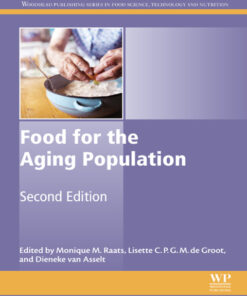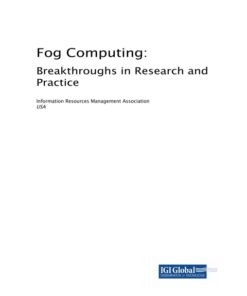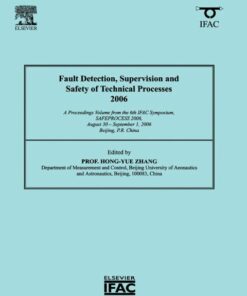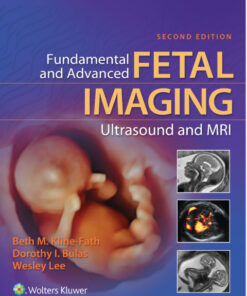Analysis of Integrated Data 1st Edition Ebook (tebook.shop)
$25.00
Li-Chun Zhang and Raymond L. Chambers
Analysis of Integrated DataThe advent of “Big Data” has brought with it a rapid diversification of data sources, requiring analysis that accounts for the fact that these data have often been generated and recorded for different reasons. Data integration involves combining data residing in different sources to enable statistical inference, or to generate new statistical data for purposes that cannot be served by each source on its own. This can yield significant gains for scientific as well as commercial investigations. However, valid analysis of such data should allow for the additional uncertainty due to entity ambiguity, whenever it is not possible to state with certainty that the integrated source is the target population of interest. Analysis of Integrated Data aims to provide a solid theoretical basis for this statistical analysis in three generic settings of entity ambiguity: statistical analysis of linked datasets that may contain linkage errors; datasets created by a data fusion process, where joint statistical information is simulated using the information in marginal data from non-overlapping sources; and estimation of target population size when target units are either partially or erroneously covered in each source. Covers a range of topics under an overarching perspective of data integration. Focuses on statistical uncertainty and inference issues arising from entity ambiguity. Features state of the art methods for analysis of integrated data. Identifies the important themes that will define future research and teaching in the statistical analysis of integrated data. Analysis of Integrated Data is aimed primarily at researchers and methodologists interested in statistical methods for data from multiple sources, with a focus on data analysts in the social sciences, and in the public and private sectors.ISBN: 9781498727983, 1498727980

